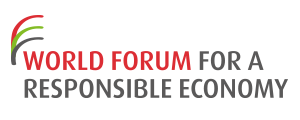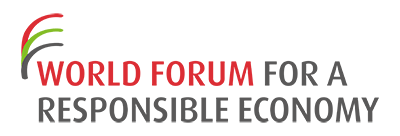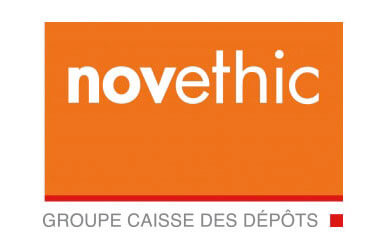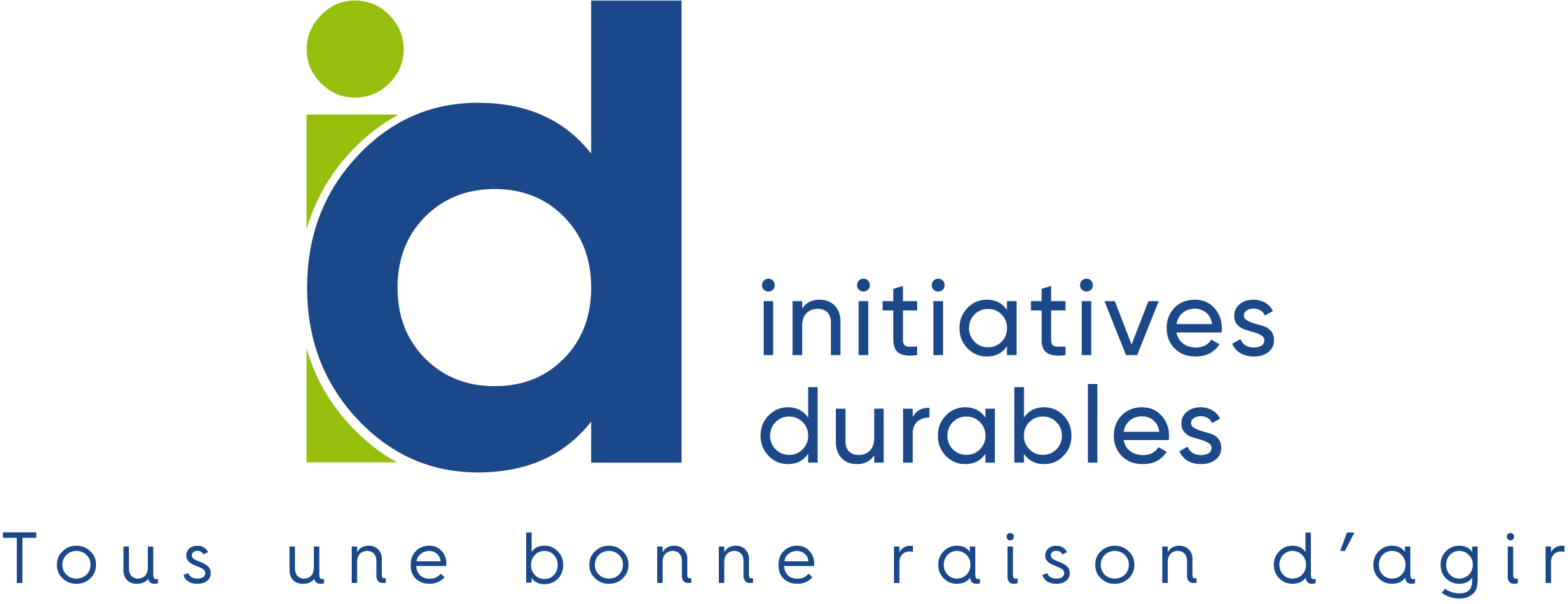Train stations in the heart of cities are an asset from which SNCF can dream up and carry out actions in favor of sustainable mobility. Ecodesign, which consist of taking into account an installation or a product environmental impact from its conception to its dismantling, gain legitimacy with big construction projects.



Context
Objectives
- Strive for accessibility and intermodality
- Optimize energy performance in train stations
- Develop green work sites and integrate train stations into the landscape
APPROACH
An ambitious circular economy policy
One of the priority stakes of the circular economy policy is to promote ecodesign including the cost of lifecycle, recycling, end-of-life recovery and final elimination.
Advanced research studies
SNCF’s department of Innovation and Research is also carrying a major project on energy efficiency of the mobility system, including the respect of the environment all along the rail products lifecycle via material, infrastructures and tomorrow’s train stations ecodesign.
HQSE certified train stations (High Security and Environmental Quality)
Belfort-Montbéliard TGV and Besançon Franche-Comté TGV train stations, as well as fifteen or so eco-sustainable stops (such as Gravigny-Balizy), certified High Security and Environmental Quality (French certification HQSE) and Low Energy Consumption (French certification BCE), are representative of the eco-sustainability imagined by SNCF. Intermodality, natural light, photovoltaic module, geothermal energy, respect for biodiversity, etc.: all of these aspects were particularly thorough before building new generation ecologic train stations.
In order to respect the environment from the train station construction, works are supported by a “green work” charter which commits companies to a number of best practices in fields such as work waste management. A specific action plan to prevent environment risks in works contracts was also launched. Several contractual arrangements are foreseen depending on the risk level, from the signature of a “green work” charter by the work company to an Environmental Management System for the most at risk.
SNCF contributes to a more circular economy : read the Best Practice
Best Practice spotted by the World Forumfor a Responsible Economy in 2012 and updated in 2017.
CONTRIBUTION TO COMPANY PERFORMANCE
- Financial gains in energy terms
- Financial gains in construction terms
- Cost effectiveness
- Long-term climate change resistance
- Development of circular economy
Benefits
- New integrated services for clients
- More functionalities for people with disabilities
- Clients satisfaction regarding the service level (HQSE standard)
- Workforce
- 260 000 (2017)
- Turnover
- 33.5 milliards d’euros (2017)
- Country
- France
Contact
Florence Cousin, Chargée de Communication Développement Durable This email address is being protected from spambots. You need JavaScript enabled to view it.

















